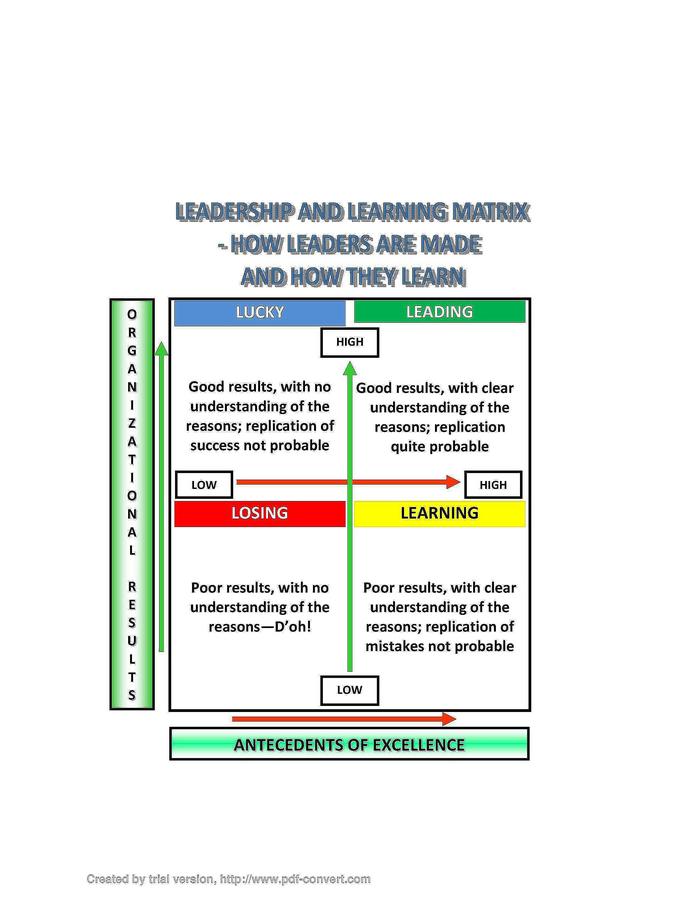MBA Strategic Initiatives 
"I firmly believe that the academic world and the real world should not be separate from each other, at least in management. I think, somehow, management education has lost its way all over the world, with academicians who have no personal experience of industry," says Dr Ashok Korwar, Strategic Advisor, and Principal Consultant, Polaris Software Lab, a leading software technology solutions company to the world's leading banks, financial and insurance institutions.
This is precisely one of the many reasons why management education in India has not attained the standards expected of AACSB International.  In fact, of the three major business accreditation agencies based in the US, AACSB International accreditation represents the highest standard of achievement for business schools worldwide.
In fact, of the three major business accreditation agencies based in the US, AACSB International accreditation represents the highest standard of achievement for business schools worldwide.
AACSB International, founded in 1916, began its accreditation function with the adoption of the first standards in 1919. 
Interestingly, till date, no Indian business school has received AACSB accreditation, whereas institutions in China, Egypt, Philippines, Singapore, Mexico and Kuwait (to name a few outside the US) have received the coveted accreditation.
NO EXCELLENCE IN EXCLUSIVE OFFERINGS
It should be understood that if we consider all the finest universities in the world, not a single one excels in every field of study it offers.
For instance, Harvard may not be a top choice for an engineering programme but it is renowned for producing some of the finest lawyers. 
Of course, the spillover effects of excellence will always be there.
In India, various stand-alone business institutions should consider focusing on further developing their academic functional areas of expertise to the highest standards, enabling their graduates to be at par with the best in the world.
THE BEST WAY UP IS THROUGH CLASSROOM
To achieve the highest standards, there are ten rules.
I suggest the first one here.
Challenge your students academically.
This rule is about curriculum. If a student is not academically challenged, they can become bored and off task. Once a student is off task, you have a management problem.
All students want to feel that they are a part of the class. This includes students with straight As [grade rating a student's work as superior in quality : one graded or rated with an A] and students who are close to dropping out.
CURRICULUM IS THE ELAN VITAL
Make sure when you write your curriculum that students can do extra work for a small amount of points. This extra work is for the students who finish early.
This extra work is for the students who finish early.
The extra work can be advanced placement (AP) level.
Students who felt the regular assignment was easy will feel challenged by the extra work.
Students who have many Fs [grade rating a student's work as failing : one graded or rated with an F] on assignments in your class are not dumb.
You are grading students based upon learning the material, not their intelligence.
Students may have many reasons why they get low grades and rebelling is high on the list.
These students might not have the self confidence to do the academically challenging assignments.
You must believe in these students and not give up on them when they tackle academically challenging assignments.
When they rise to your level of rigor, they will build self confidence because they knew it was tough and they did it.
SKILLS CAPSULE - EFFECTIVE WRITING

Learn effective writing in four steps but master it in four years
LEADERSHIP AND LEARNING GO HAND IN HAND

How leaders learn and grow others as well as themselves
Sunday, March 23, 2008
CLASSROOM MANAGEMENT: RULE 1 [Challenge academically]
Posted by
Soundtracks of Management
at
7:05 PM
![]()
![]()
Labels: CLASSROOM MANAGEMENT
Subscribe to:
Post Comments (Atom)





No comments:
Post a Comment